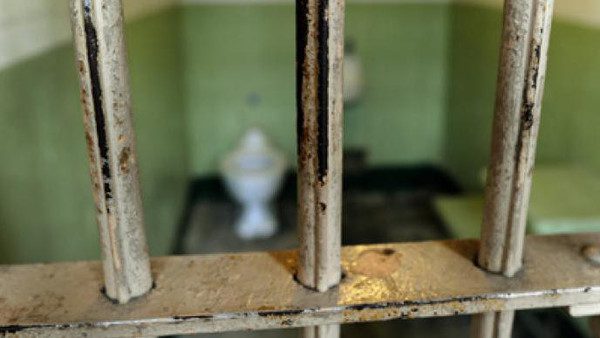As the government extended the Movement Control Order (MCO), Amnesty International Malaysia commends recent moves by the authorities, to reduce imprisoning those who violate the MCO, which would worsen the COVID-19 pandemic. The authorities must follow up these measures by protecting the health of all people in detention and should urgently consider measures to release people held in prison and immigration detention centres, especially those at particular risk of the pandemic.
Last week, the government announced that it would issue RM1,000 fines for those caught breaching MCO orders, a move Amnesty International views as more favourable to imprisonment, which is disproportionate and counterproductive during a pandemic. Nonetheless, prisons and immigration detention facilities remain crowded.
“Prisons and immigration detention centres present high-risk conditions that may increase the spread of the COVID-19, said Preethi Bhardwaj, Interim Executive Director of Amnesty International Malaysia. “These places are especially risky considering the overcrowding in many detention facilities.”
To lower risk of transmission in prisons, Amnesty International Malaysia calls the government to consider alternatives to imprisonment, especially in the case of inmates who are elderly or have an underlying health condition so long as they are not an immediate threat to public safety. In addition, presumption of release should be considered to free those charged with a crime that are awaiting trial.
On March 31, 2020, the four lead UN agencies on human rights, global health, migrants and refugees, issued a joint statement calling for the release without delay of migrants and asylum seekers being held in cramped and unsanitary immigration detention conditions. The agencies also called for the immediate release of all children and their families, as well as those detained without sufficient legal basis.
Amnesty International Malaysia calls on the government to urgently provide alternatives to detention, and grant humanitarian release to immigration detainees except in the most extraordinary of circumstances requiring ongoing detention.
“The government must act promptly to prevent the spread of COVID-19 among detainees in prisons and immigration detention centres,” said Bhardwaj. “Detaining people in immigration detention centres in particular, is cruel and may lead to a rise in infections not only among detainees, but afterwards, the public at large.”
Background
On 16 March, Prime Minister Tan Sri Muhyiddin Yassin announced a two-week Movement Control Order (MCO) to respond to the COVID-19 pandemic. Malaysians were told to stay at home; social and religious gatherings were prohibited; and educational institutions and businesses were shut down apart from essential services. The MCO was subsequently extended until 14 April, and again until 28 April.
In the context of the pandemic, numerous organisations, including the International Committee of the Red Cross, have called for detention populations in the country to be reduced.


